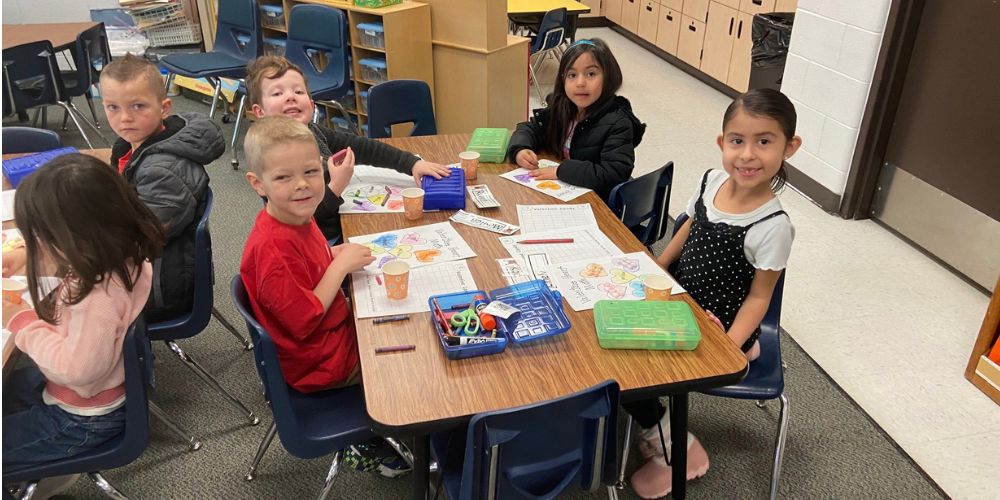Science, Technology, Engineering, and Mathmatics
Lakeview STEM Fair
We’re so proud of our STEM Fair participants. Their projects were creative and inspiring. The STEM Fair provides an opportunity for students to learn and develop important skills they can use throughout their lives.
Great job Lions!
Utah Education Network shares the following:
Principles of Science Learning
Just as science is an active endeavor, students best learn science by engaging in it. This includes gathering information through observations, reasoning, and communicating with others. It is not enough for students to read about or watch science from a distance; learners must become active participants in forming their ideas and engaging in scientific practice. The Utah SEEd standards are based on several core philosophical and research-based underpinnings of science learning.
Science learning is personal and engaging. Research in science education supports the assertion that students at all levels learn most when they are able to construct and reflect upon their ideas, both by themselves and in collaboration with others. Learning is not merely an act of retaining information but creating ideas informed by evidence and linked to previous ideas and experiences. Therefore, the most productive learning settings engage students in authentic experiences with natural phenomena or problems to be solved. Learners develop tools for understanding as they look for patterns, develop explanations, and communicate with others. Science education is most effective when learners invests in their own sense-making and their learning context provides an opportunity to engage with real-world problems.
Science learning is multi-purposed. Science learning serves many purposes. We learn science because it brings us joy and appreciation but also because it solves problems, expands understanding, and informs society. It allows us to make predictions, improve our world, and mitigate challenges. An understanding of science and how it works is necessary in order to participate in a democratic society. So, not only is science a tool to be used by the future engineer or lab scientist but also by every citizen, every artist, and every other human who shares an appreciation for the world in which we live.
All students are capable of science learning. Science learning is a right of all individuals and must be accessible to all students in equitable ways. Independent of grade level, geography, gender, economic status, cultural background, or any other demographic descriptor, all K–12 students are capable of science learning and science literacy. Science learning is most equitable when students have agency and can engage in practices of science and sense-making for themselves, under the guidance and mentoring of an effective teacher and within an environment that puts student experience at the center of instruction. Moreover, all students are capable learners of science, and all grades and classes should provide authentic, developmentally appropriate science instruction.
July 9th, 2025



